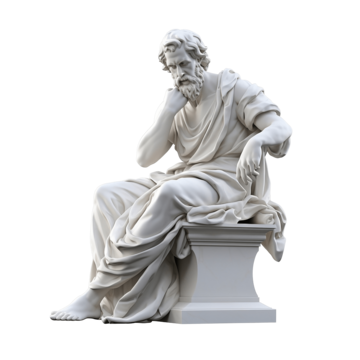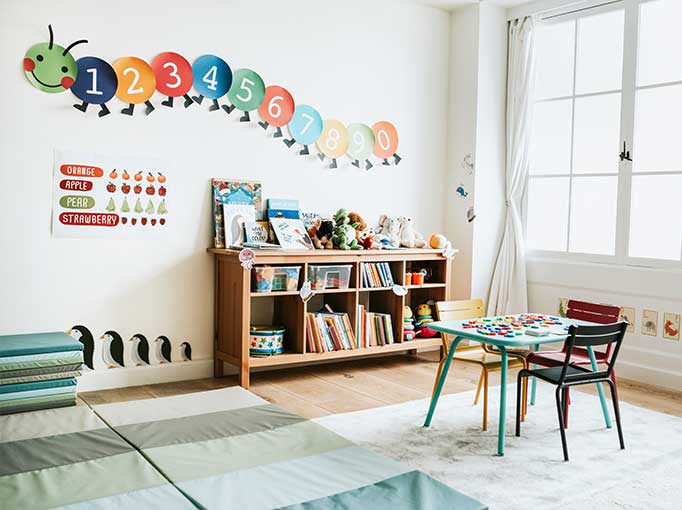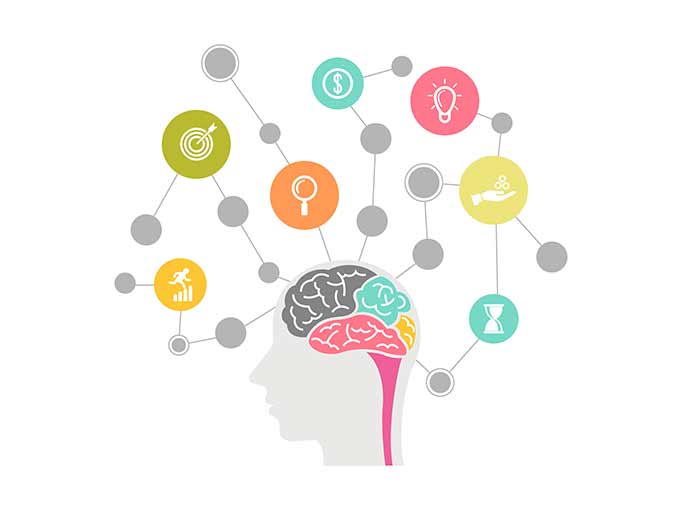
Life at ABODE is designed around our philosophy (or motto) on “strong minds and happy souls”

Life at ABODE is designed around our philosophy (or motto) on “strong minds and happy souls”

To support this journey, we are dedicated to creating an environment that nurtures growth, curiosity, and creativity. Our flexible, inclusive, and inspiring spaces encourage children to explore, take risks, and develop at their own pace. By fostering a supportive and enriching atmosphere, we empower each child to thrive academically, socially, and emotionally, helping them feel a strong sense of belonging and purpose in the world.
The learning journey at ABODE follows three key phases: “Engage, Enrich, and Evolve.” We strive to create engaging spaces and experiences, paired with enriching curriculums supported by research and observation, to ensure that every child evolves uniquely. Education is seen as a process of self-discovery— the more time a child spends exploring their mind and engaging in meaningful work, the more they uncover their true self.
We strive to engage students by creating interactive and immersive learning environments that spark curiosity and foster a love for exploration. Through diverse and enriching programs, we aim to enrich the educational experience, providing learners with the tools and resources they need to develop their unique talents and interests. As students grow, we guide them to evolve into confident, self-aware individuals, ready to embrace their potential and thrive in an ever-changing world.

Dr. Maria Montessori founded the Montessori method in the early 1900s. Her scientific approach to education was shaped around the individual needs of the child. The goal was to develop the child and their whole personality.
Built on three primary principles – observation, individual freedom, and preparation of the environment – Montessori classroom is designed as an environment where children could freely choose from a number of developmentally appropriate activities.
“The child is both a hope and a promise for mankind.” quote by Maria Montessori
The Montessori method highlights the absorbent mind in young children, who effortlessly absorb information from their surroundings. This innate ability is enhanced during sensitive periods, when children are especially receptive to learning specific skills. These critical phases enhance their learning experiences and growth.
The Montessori method focuses on five key areas of learning:
Each key area of learning supports and nurtures the child’s cognitive, social, and emotional development. These areas are meticulously designed to align with children’s sensitive periods. Our carefully prepared environment, rich in resources and opportunities for exploration, encourages natural curiosity and facilitates deep, meaningful learning experiences.
The Montessori environments are thoughtfully crafted with engaging materials tailored for children aged 18 months to six years. These materials support children in exploring and learning at their own pace. Montessori teachers are trained to develop keen observation skills, allowing them to understand each child as an individual and provide activities that match their current interests and developmental needs.
We recognize that children progress at different rates. While some may focus on a task for an extended period, others might advance more quickly. We aim to foster each child’s enthusiasm and joy for learning, rather than sticking to rigid milestones.
In our mixed-age classrooms, older children naturally assume leadership roles and younger ones benefit from peer modeling. This setup creates a supportive, collaborative learning environment where children learn from one another.
Montessori education offers a well-rounded approach to early childhood development through five key areas of learning. Each area is carefully designed to nurture different aspects of a child's growth and curiosity.
Practical Life activities teach everyday tasks like pouring and lacing, helping children develop fine motor skills, hand-eye coordination, and independence. The focus is on the learning process and the satisfaction of completing real-life tasks, fostering confidence and self-reliance.
Grace and CourtesyGrace and Courtesy teach respectful behavior and social skills, such as polite interactions and caring for the environment. This area builds self-respect and positive social interactions, promoting kindness and a harmonious classroom atmosphere.
Sensorial The Sensorial area helps refine children’s sensory perceptions with materials exploring color, texture, size, and shape. Tools like Knobbed Cylinders and the Pink Tower enhance observational skills and support cognitive development by helping children distinguish and understand sensory experiences.
Montessori language education uses materials like Sandpaper Letters and the Moveable Alphabet to develop communication skills. This approach fosters a love for language and supports literacy development from letter recognition, phonetic sounds to reading and writing, encouraging lifelong interest in language.
The Logic curriculum introduces math concepts with concrete materials such as Bead Chains and the Ten Board, making abstract ideas like numerals and arithmetic operations more understandable. Children build logical reasoning skills and a solid foundation in mathematics, eventually transitioning to abstract processes.
The Cultural area in Montessori education introduces children to geography, world cultures, and natural sciences through engaging materials and activities. It promotes an understanding of global diversity and a sense of wonder about the natural world.

“Intelligence is no different from love, and our goal is to kindle the uniqueness in each child”
ABODE believes in multiple intelligences theory. Every child is exposed to a broad list of activities to identify their dominant intelligence in our school. MI theory suggests that no one set of teaching strategies will work best for all students at all times. All children have different proclivities in the eight intelligences, so any particular strategy is likely to be successful with several students, and yet, not for others.
Our MI program allows the child to explore different intelligence’s until 6/7 years of age. The curriculum is designed to align with international music, classical music, dance, gymnastics, art, and kinetics programs.

In ABODE, after 6-7 years of age, each child is identified with their higher or dominant Intelligence (HI). They are then encouraged to pursue that stream to a higher level. The programs are created to span a period of 10 years. Each child spends long periods of time on a regular basis to kindle the HI element in them & find their inner joy.
It is a curriculum designed to align with international music, classical music, dance, gymnastics, art, and kinetics programs.